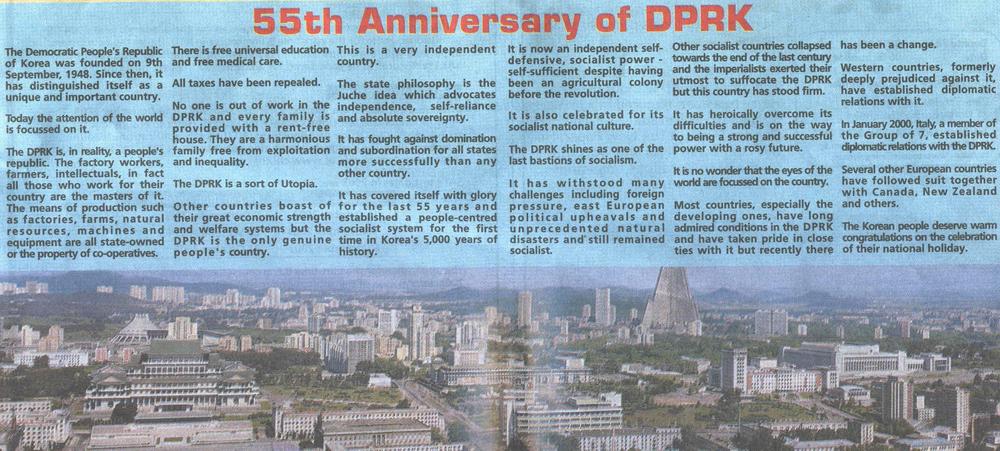I always said Sullivan would one day have to confront the fact that he and the Bush administration are fundamentally incompatible. It seems the day has arrived.
Just back from his vacation, the former snarling attack dog is sounding disillusioned and disappointed, even disdainful of Bush and his bungling of the US economy and the Iraqi quagmire.
Of course, he’s still got some poison in him (note the casual reference to Saddam as being “perhaps in league with al Qaeda”) but he’s certainly not the starry-eyed Bush worshipper he was six weeks ago:
I could forgive this administration almost anything if it got the war right. But, after a great start, it’s getting hard to believe the White House is in control of events any more. Osama bin Laden is regrouping in Afghanistan; Saddam, perhaps in league with al Qaeda, is fighting back in Iraq. The victims of terror in Iraq blame the United States – not the perpetrators – for the chaos. And the best news of the war – that Shi’a, Sunnis, and Kurds were not at each others’ throats – is now fraying. Worse, the longer the impasse continues the harder it will be to get ourselves out of it.
About this we hear two refrains from the White House: a) everything is going fine, actually; and b) this new intensity of terror in Iraq is a good thing because it helps us fight the enemy on military, rather than civilian, terrain. The trouble that we’re discovering is that a full-scale anti-terror war is not exactly compatible with the careful resusictation of civil order and democratic government, is it? And if we are in a new and vital war, why are we not sending more troops to fight it? And why are we not planning big increases in funding for the civil infrastructure at the same time? The response so far does not strike me as commensurate with the problem, and I say this as someone who once wavered in regard to support for this war. What to do? I’d be hard put to express it better than John McCain Sunday: more troops, more money, more honesty from the president about the challenges, swifter devolution of power to Iraqis, and so on. And yet the White House in August decided to devote the president’s public appearances to boosting his environmental credibility. Are they losing it? So far, I’ve been manfully trying to give the administration the benefit of the doubt, especially given the media’s relentlessly negative coverage of Iraq. But they’re beginning to lose me, for the same reasons they’re losing Dan Drezner. They don’t seem to grasp the absolutely vital necessity of success in Iraq. And I can’t believe I’m writing that sentence.
When Sullivan says (one post down) of Bush’s Top Gun landing on the aircraft carrier, “Can we all now agree that that was the dumbest political gesture of the last two years?” we all know there’s been a fundamental shift.

Comment